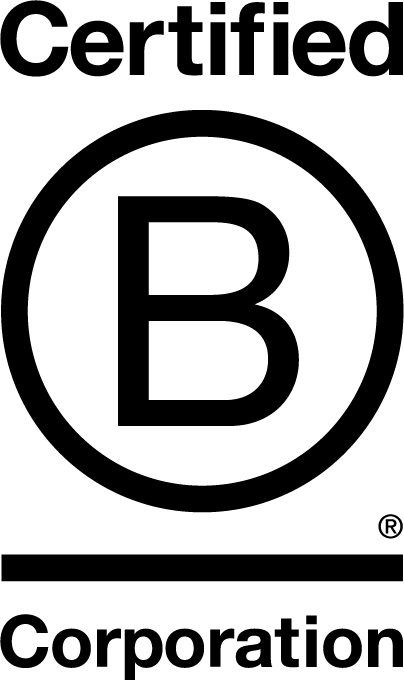In the face of economic pressures, the UK education system has been undergoing a period of transformation to improve efficiency and cut costs while maintaining high standards of education without compromising on quality. This article explores these aspects and highlights how organisations are managing financial performance and reporting lines effectively whilst minimising risk.
Lean Systems in Education
Lean systems have become increasingly important in the education system. These systems focus on maximising value while minimising waste. In education establishments, lean systems are applied to streamline administrative processes, optimise resource allocation, and improve overall efficiency. By adopting lean principles, organisations can ensure that resources are used effectively to enhance student outcomes.
Reviewing Risks and Controls
Risk management is a critical aspect of the education system. Educational establishments must identify potential risks arising from the streamlined arrangements and implement controls to mitigate them. This involves regular reviews of fundamental controls over financial systems, operational systems, and compliance with regulatory requirements to ensure that controls are in place to provide assurance that controls are operating effectively in line with the organisation’s risk appetite. For instance, audits of financial systems ensure that expenditure is monitored and controlled, while data audits focus on the accuracy and security of student and staff data. By maintaining robust controls, organisations can manage risks effectively and ensure the smooth functioning of their operations.
Cost-Cutting Measures Without Losing Controls
In the face of budget constraints, educational establishments are finding innovative ways to cut costs without losing control over essential functions. One approach is the lean review of controls, which involves assessing and streamlining existing processes to eliminate unnecessary stages and controls and improve efficiency. Organisations are also exploring opportunities to collaborate with other institutions, share resources, and adopt cost-effective technologies. These measures help them to maintain financial stability while ensuring that key controls remain in place.
Financial Performance Management
Effective financial performance management is crucial for organisations to achieve their educational goals. This involves setting clear financial objectives, monitoring performance against these objectives, and making informed decisions based on sound financial data. Organisations use various tools and techniques to manage their finances, including budget management, cash flow forecasting, and cost savings initiatives . By aligning financial performance with strategic goals, organisations can ensure that they are on track to achieve their objectives.
Reporting Lines and Accountability
Clear reporting lines and accountability structures are essential for the effective management of educational establishments. This involves defining roles and responsibilities, establishing reporting mechanisms, and ensuring that there is transparency in decision-making processes. There are often have multiple layers of governance, including for example, departmental, campus, faculty or school boards, academic boards, strategic and operational boards and committees, audit committees, and senior and/or executive management teams. These structures help ensure that there is oversight and accountability at all levels, which is critical for maintaining high standards of education and financial management. However, the more complicated the structure, the less transparent the accountability and in many cases the question of what is reported, in how much detail and to whom becomes increasingly complicated.
Assurance that your organisation is doing its best
The UK education system is continuously evolving to meet the challenges of the modern world. By embracing lean systems, reviewing risks, implementing robust controls, and adopting cost-cutting measures, organisations can enhance their efficiency and maintain high standards of education. Effective financial performance management and clear reporting lines further contribute to the overall success of the education system. As organisations continue to innovate and adapt, they are well-positioned to provide quality education while managing their resources effectively but how do you gain assurance that you are getting it right?
At TIAA our qualified, experienced education audit specialists, work with you to identify areas of risk and help you find solutions to minimise the risks and assist you in achieving financial sustainability in a safe, controlled environment.


